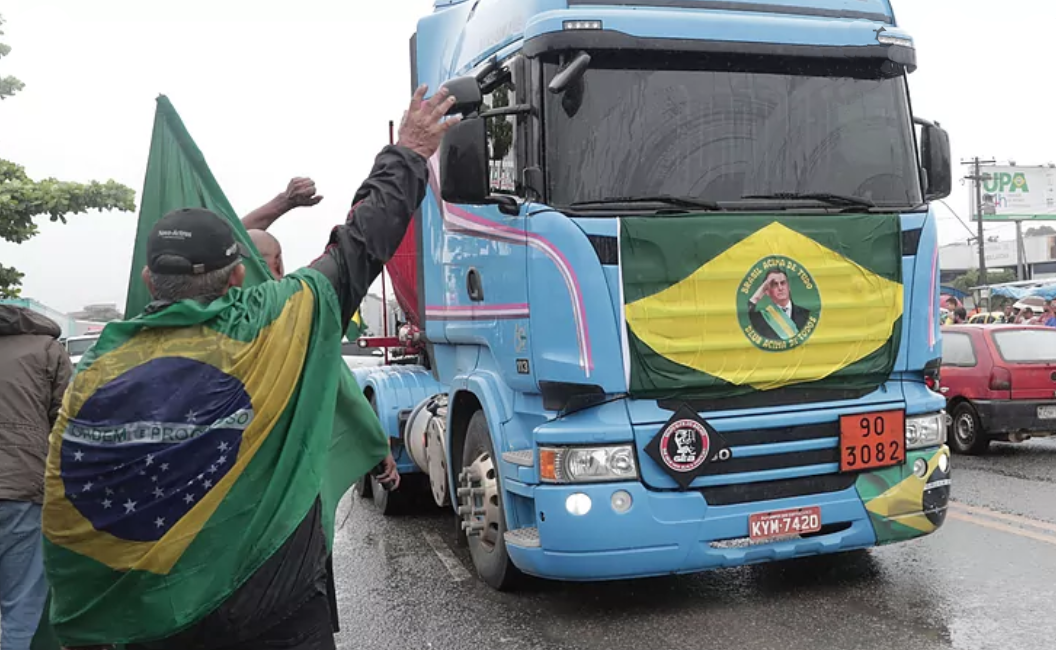After holding his breath for 45 hours, waiting for President Bolsonaro to publicly accept the decision of the Superior Electoral Court that makes his contender Lula da Silva president-elect of the Republic, the time seems to have come to confirm the good news that Bolsonarism will vacate Palácio da Alvorada. It does not matter that Bolsonaro has not explicitly recognized the electoral defeat and that he has not congratulated the winner of the elections. If he lives up to his word that he will “continue to comply with the mandates of the Constitution”, there is room for hope that a peaceful change of government will take place in Brazil.
Another issue is to look realistically at the scenario that lies ahead for Lula da Silva’s future government. It has been tirelessly repeated that the Brazil he is receiving has nothing to do with the one that began to govern on January 1, 2003. At that time, the commodities boom that boosted the income of the entire region was just beginning and, in the political arena, his opponent had been José Serra, the dauphin of Fernando Henrique Cardoso of Brazil’s Social Democratic Party. In addition, Lula won the elections with 61% of the votes, i.e., there was a clear shift of the electorate toward progressive positions.
None of this is taking place in Brazil today. The economic climate is one of stagnation, spurred by induced inflation and in the midst of an international crisis. The political climate does not oscillate between the center and the left but shows a deep division between a restrained left and an aggressive right. In fact, Lula’s victory is the narrowest since the return to democracy in the South American giant. Barely one percentage point (50.9% vs. 49.1%).
With that slim difference, it is a relief that Bolsonaro is not appealing the results through legal channels. Moreover, the legislative branch that has been constituted is most favorable to the current president and will represent a powerful flange for the new government’s policies, not to mention the governorship of the powerful states of São Paulo and Rio de Janeiro, in the hands of the outgoing president’s supporters.
In his victory speech, Lula da Silva acknowledged that his main challenge will be to avoid polarization and begin to unify the country. But this will not be an easy task at all. In fact, in order to undertake it successfully, it is necessary to start with an accurate diagnosis. And in this sense, Lula was not very realistic when he denied that there were “two Brazils”. That is confusing wishful thinking with reality. As the former Bolivian minister of MAS, Manuel Canelas, has rightly pointed out: “Bolsonaro has been defeated at the polls, but it is undeniable that culturally he has not”.
The social resentment against the progressivism of the elites that Bolsonaro has been able to caution against, as Trump already did in the United States, is not exactly a summer storm. In fact, the electoral results in Brazil show a situation similar to that of Colombia or Chile. The division in Colombia is historic and recently a massive rally took place in Bogotá to kick off a national march against President Petro. While in Chile, President Boric could see that the other half of the country was able to defeat him in the popular consultation on constitutional change.
Brazil’s electoral results thus confirm the diagnosis of the region. There has not been a displacement of the electorate toward progressive positions, as occurred in the past, including Lula’s own experience at the beginning of this century. What is evident is a deep sociocultural division in these countries, despite the formation of progressive governments.
In these adverse conditions, Lula da Silva has a narrow margin for maneuvering. If he wants to govern for all Brazilians he will have to conciliate with Bolsonaro’s representatives, but that may cause him disaffection among broad sectors of the Workers’ Party. For the moment, he will have to start by pacifying the country. The violent actions of truck drivers and other pro-Bolsonaro groups in these first days after the election do not bode well.
*Translated from Spanish by Janaína Ruviaro da Silva











